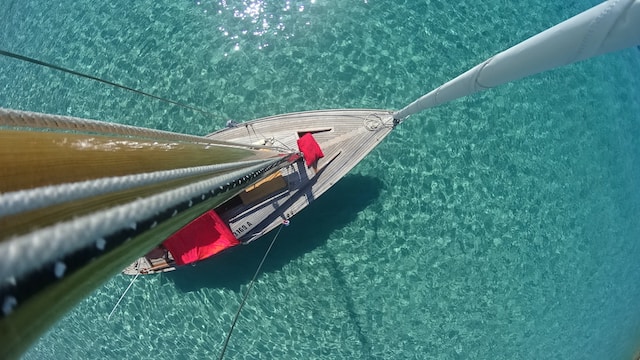Sailing is an exhilarating experience that offers adventure, freedom, and a connection with nature. However, with this privilege comes the responsibility of ensuring safety for yourself, passengers, and others on the water. Here are several tips to help you sail responsibly and avoid boating accidents.
1. Proper Training:
- Before setting sail, ensure you have undergone proper training and possess a boating license if required by your jurisdiction. Knowledge of basic sailing techniques, navigation, and safety procedures is crucial.
2. Check the Weather:
- Always check weather conditions and forecasts before heading out. Avoid sailing in stormy weather, heavy winds, or when visibility is poor.
3. Perform Regular Maintenance:
- Just like a car, a boat requires regular maintenance checks. Ensure your boat’s engine, sail, hull, and other equipment are in good working condition.
4. Equip Your Boat with Safety Gear:
- Always have life jackets for all passengers, a first-aid kit, fire extinguishers, distress signals, and a working communication device on board.
5. Avoid Alcohol:
- Operating a boat under the influence increases the risk of accidents. Alcohol impairs judgment, balance, and coordination — essential skills for safe boating.
6. Stay Alert:
- Constantly monitor your surroundings, watch out for other boats, swimmers, buoys, and obstacles in the water. Being observant can prevent potential collisions.
7. Understand Right of Way:
- Learn and abide by boating right-of-way rules to avoid confusion and potential accidents when boats approach each other.
8. Use Navigation Aids:
- Familiarize yourself with charts, compasses, GPS, and other navigation tools. These can guide you in unfamiliar waters and reduce the risk of running aground.
9. Follow Speed Limits:
- Different areas, especially near the coast or in harbors, might have speed restrictions. Adhere to these limits and always adjust your speed according to water conditions.
10. Practice Man Overboard Drills:
- While prevention is key, being prepared for emergencies is equally important. Regularly practice man-overboard drills so you and your crew know exactly what to do if someone falls into the water.
11. Communicate Your Plans:
- Let someone on land know where you’re going and how long you intend to be out. This way, if you run into trouble, someone will know to alert authorities.
12. Stay in Designated Areas:
- Especially in busy waters, stick to designated boating areas to avoid swimmers, divers, and fishermen.
Conclusion:
Boating is an enjoyable activity that can provide lasting memories with friends and family. However, it’s crucial to respect the power of nature and the responsibility that comes with operating a vessel. By following these guidelines and prioritizing safety, you can enjoy countless adventures on the water without incident. Safe sailing!


